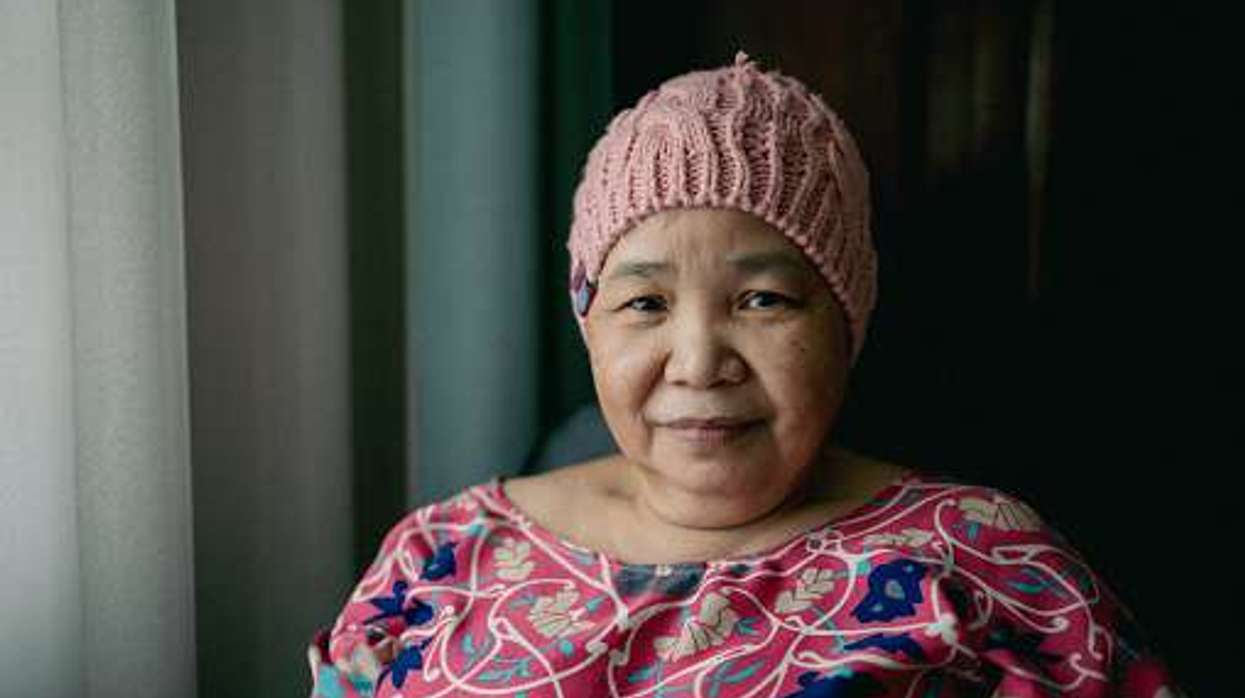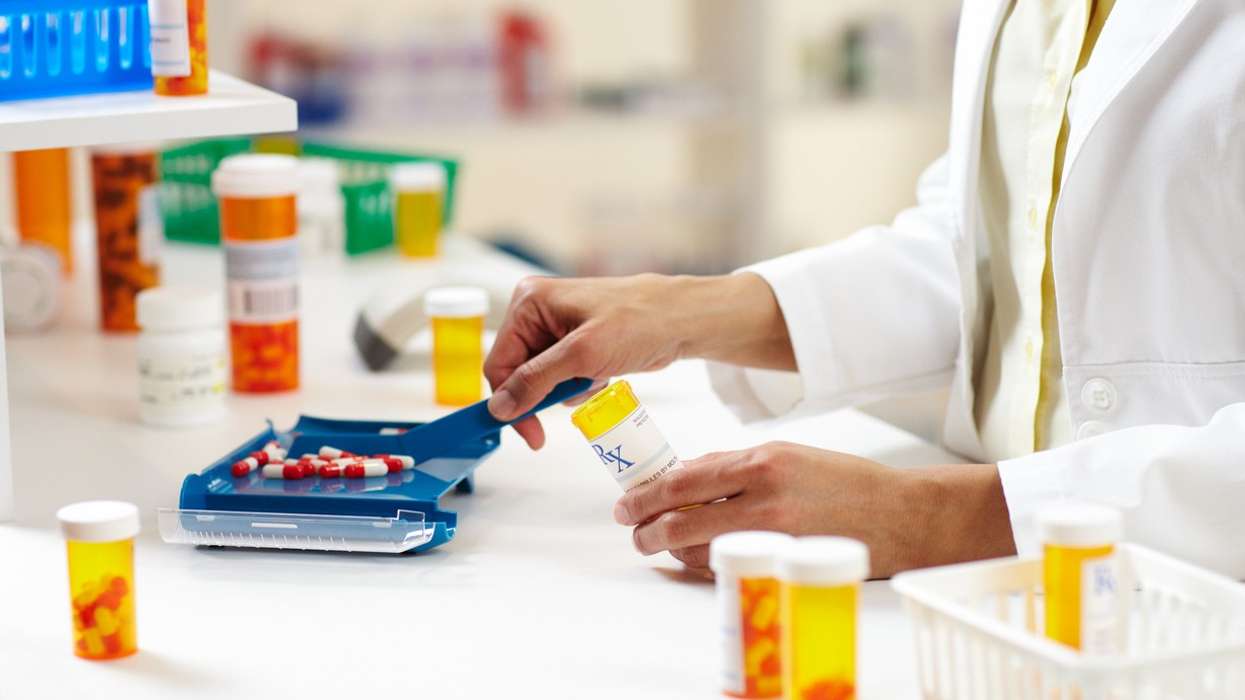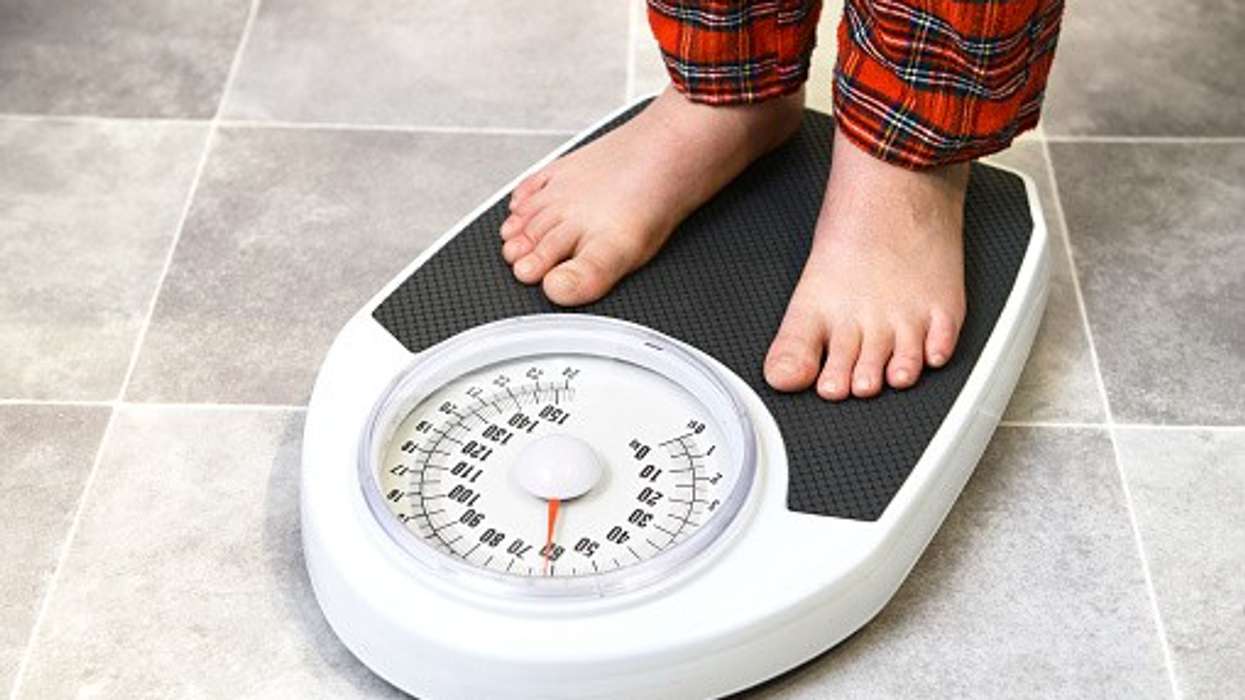The European Commission wants to make health data easier to access for patients, medics, regulators and researchers in a bid to improve diagnoses, cut unnecessary costs from duplication of medical tests and boost medicine research, an EU document says.
The document which is being published today outlines the EU executive's plans for a European health data space which Brussels estimates would lead to large savings and economic gains of more than 10 billion euros in 10 years.
EU patients spend 1.4 billion euros every year on unnecessary medical images alone, the document said, estimating that one in 10 X-rays or ultrasound tests are not needed because they are usually duplications of existing valid images.
Electronic prescriptions
Wider use of easily accessible electronic prescriptions is also estimated to lead to large savings by reducing errors in dispensing medicines. Many states still use paper prescriptions.
The proliferation of unneeded tests and prescribed drugs is caused mostly by problems in accessing health data, because often health information is not accessible to patients themselves and hospitals only partly share data with each other.
"People cannot always easily access their health data electronically, and if they want to consult doctors in more than one hospital or medical centre, they often cannot share the data with other health professionals," the document said.
Interoperable health data
The EU commission believes it could address the problem by making data more accessible to patients through the creation of databases which are freely accessible online.
EU health commissioner Stella Kyriakides has said easier access to health data would also greatly help patients with serious conditions, such as cancer, by improving diagnoses.
Under the plan, healthcare providers would be required to produce electronic health data that are interoperable.
Data generated from patients' health records and wellness apps would be pooled in compatible formats and made accessible to patients, regulators and researchers under strict rules to protect privacy, the document says. Stronger cybersecurity is also planned.
The Commission estimates that easier access to anonymised health records for analysts and data professionals could lead to 5.4 billion euros in economic gains in a decade thanks to more effective research and cheaper drugs.
Another 5.5 billion euros in gains would come from savings for patients and healthcare providers, and from "faster growth of the digital health and wellness applications markets".











